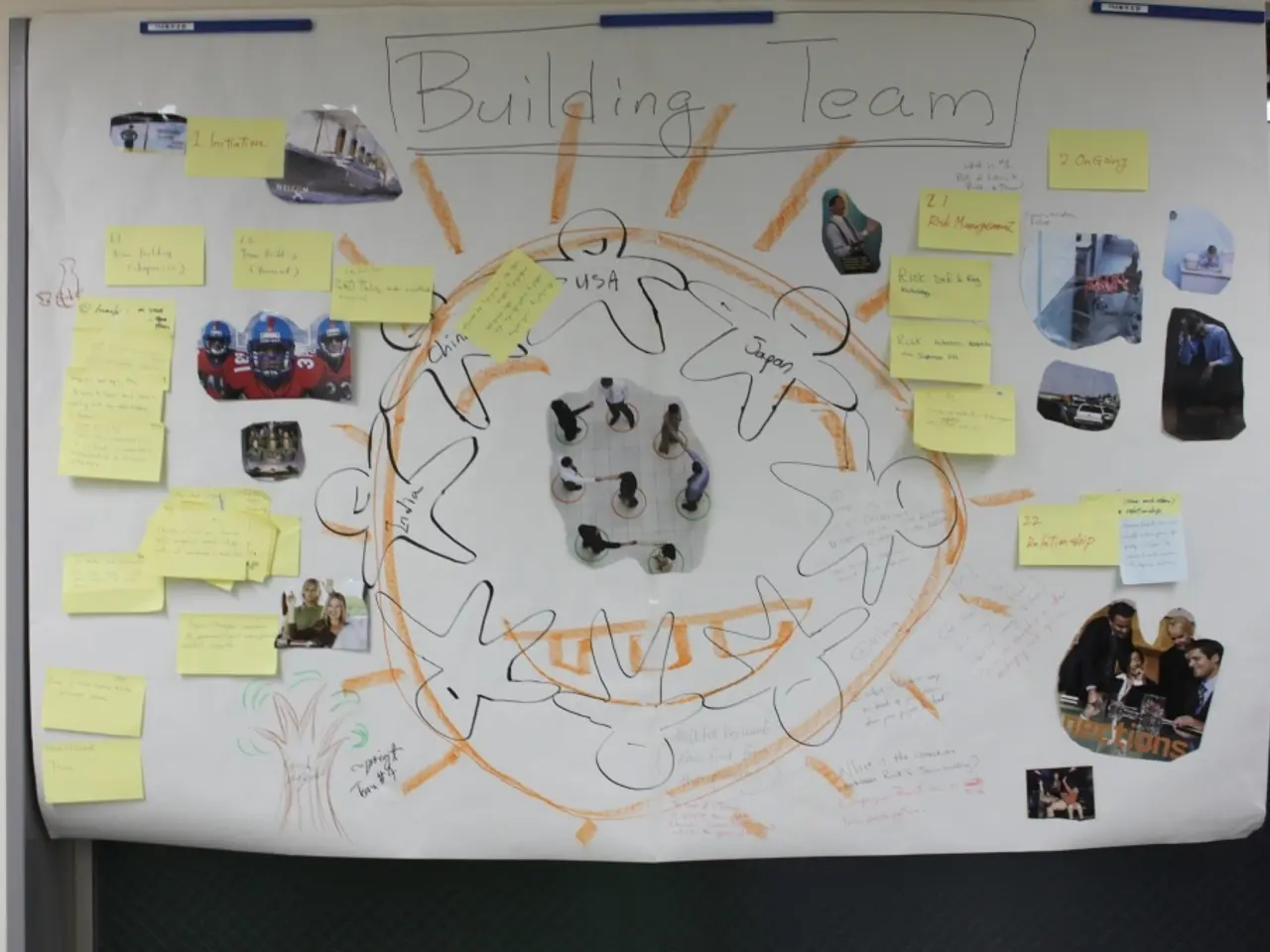Potential Remorse Experienced When Cutting Off Parental Relationships
In many societies, the parent-child bond is often idealized, making it difficult for adult children to cut off contact, even when it's necessary. This decision can feel wrong, but it's essential to remember that it's usually taken to protect one's mental and physical well-being.
If you find yourself in this situation, know that you're not alone. Many people have gone through similar experiences, and there are strategies to help you cope.
Firstly, acknowledge that your decision was necessary. Understanding that no contact is often the last resort after repeated abuse, emotional harm, and boundary violations helps validate your choice rather than feel guilty about it.
Secondly, allow time for healing. Regret and guilt often fade as more time passes, enabling individuals to feel confident and at peace with their decision. Healing from past trauma reduces feelings of doubt.
Thirdly, focus on your personal well-being. Prioritizing your mental health and creating a life surrounded by supportive people helps reduce guilt and regret. Protecting yourself from ongoing abuse is not something to feel guilty about.
Fourthly, consider reconciliation cautiously. If reconnecting is in your best interest later, it can be explored safely, but even without reconciliation, a fulfilling life is possible.
Understanding common emotional experiences can also be helpful. Many estranged adult children feel sadness, doubt, or guilt initially, but these are common reactions that diminish over time as they heal.
Remember, it's common to feel very conflicted after going no contact, with feelings of relief, guilt, grief, or regret. Going no contact can trigger grief for the idea of a loving, healthy parent. Hearing from others who have walked this path can reinforce that you made your choice for valid reasons.
You might be experiencing regret or doubt due to guilt and empathy for having hurt your parent. However, feeling guilty after cutting ties doesn't mean the decision was wrong - it usually means you're a caring person.
It's important to set boundaries around negative influences and limit contact with people who make you feel guilty about your decision. Society sends a message that cutting off parents is taboo, which can plant seeds of doubt.
Practice self-compassion and remind yourself that prioritizing your well-being is okay. You might worry about future regret, but staying in an abusive relationship could fill you with regrets too. Going no contact doesn't have to be a permanent thing, and you can reassess the situation in the future.
Focus on your healing and future, putting energy into things that bring joy, comfort, and growth. Getting support is crucial during these times. Many estranged adult children grapple with guilt, doubt, or sadness after ending a toxic parent relationship. Revisit the reasons that led you to go no contact to ground yourself when you start to romanticize the past.
Estrangement is usually chosen because every attempt to set boundaries or improve the relationship has failed. Over time, as you build a healthier life, the regret and sadness are likely to diminish, leading to a sense of peace and relief. Even if reconciliation never happens, you can still lead a healthy, fulfilling life surrounded by people who love and support you.
- In many societies, the idealization of the parent-child bond can make it difficult for adult children to cut off contact, even when it's necessary for their mental and physical health.
- Acknowledging that your decision to go no contact was necessary can help validate your choice, especially if it was due to repeated abuse, emotional harm, and boundary violations.
- Allowing time for healing can help diminish feelings of regret and guilt, enabling individuals to feel confident and at peace with their choice.
- Focusing on personal well-being, prioritizing mental health, and creating a life surrounded by supportive people can help reduce guilt and regret.
- Considering reconciliation cautiously can be an option, but it should only be explored if it's in your best interest and can be done safely.
- Understanding common emotional experiences, such as sadness, doubt, or guilt, can help those who have gone no contact feel less alone in their journey.
- It's common to experience feelings of relief, guilt, grief, or regret after going no contact, but these can fade over time as individuals heal.
- Setting boundaries around negative influences and limiting contact with people who make you feel guilty about your decision can help alleviate some of the pressure from societal expectations.
- Practicing self-compassion and reminding yourself that prioritizing your well-being is okay can help counteract any feelings of guilt or doubt.
- Seeking support during these times is crucial, as many estranged adult children struggle with guilt, doubt, or sadness after ending a toxic parent relationship.




